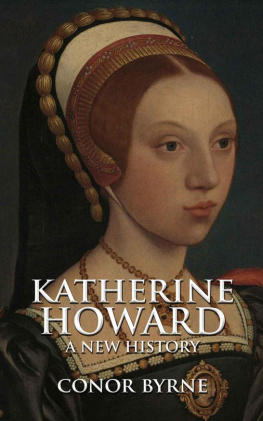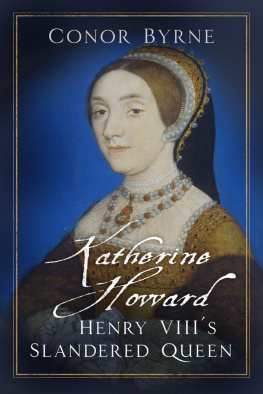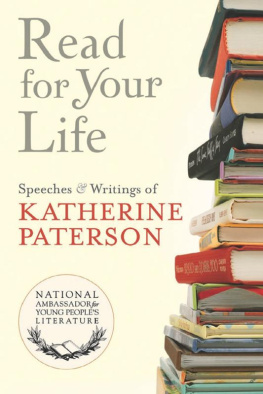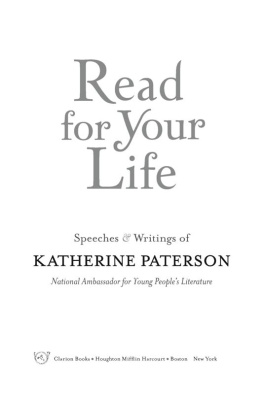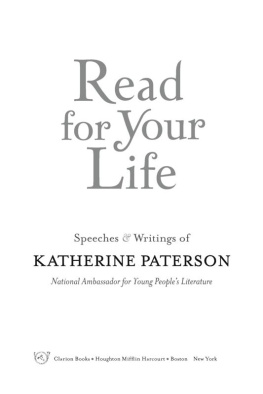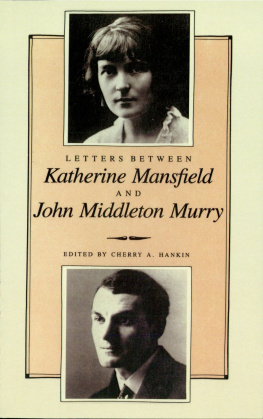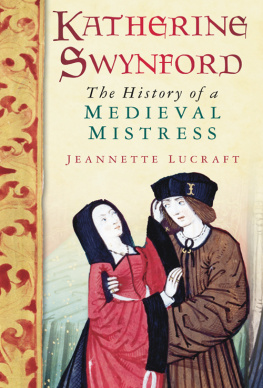Katherine Howard
Katherine Howard:
A New History
Copyright 2014
MadeGlobal Publishing
All rights reserved. No part of this publication may be reproduced, stored in a retrieval system, or transmitted, in any form or by any means, electronic, mechanical, photocopying, recording or otherwise, except as permitted by the UK Copyright, Designs and Patents Act 1988, without the prior permission of the publisher.
MadeGlobal Publishing
For more information on
MadeGlobal Publishing, visit our website:
www.madeglobal.com
Contents One of the least significant of Henry VIIIs victims, she perhaps commands the greatest sympathy
Fr. Alexander Lucie-Smith, 2011 Sexual beliefs will tell us as much about the social construction of power as they do about actual sexual behavior.
Anne Barstow, Witchcraze: A New History of the European Witch-Hunts In histories that treat men as three-dimensional and complex personalities, the women shine forth in universal stereotypes: the shrew, the whore, the shy virgin, or the blessed mother.
Retha M. Warnicke, The Rise and Fall of Anne Boleyn: family politics at the court of Henry VIII
This book is dedicated to Katherine Howard,
queen of England, 1540-1
Foreword
by Claire Ridgway
The reassessment of a famous - or, in this case, infamous - historical character is a daunting task for a young history student to take on, but Conor Byrne is not afraid to challenge the theories of historians and biographers and to court controversy. By re-examining the primary source evidence and taking into account the context in which Katherine lived, Conor brings to life a very different Katherine. The reckless airhead of fiction and some history books is gone and in her place is a girl who was used and abused, but who was committed to being the best queen she could be.
Conor examines Katherines early life, her marriage to Henry VIII and subsequent downfall from a gendered perspective, giving the reader new insight into what shaped the girl who became Henry VIIIs fifth queen and what brought about her dramatic fall. He has controversial views regarding her relationships with Henry Manox, Francis Dereham and Thomas Culpeper, and is convincing in his arguments. Conor believes that Katherine is as deserving of rehabilitation as her more famous cousin Anne Boleyn and I am sure that this book will go a long way to doing that; it will certainly make readers stop and think.
Claire Ridgway
TheAnneBoleynFiles.com
Author of :
On This Day in Tudor History,
The Fall of Anne Boleyn and
George Boleyn: Tudor Poet, Courtier and Diplomat
Introduction: Historiography
Following her execution on charges of high treason in February 1542, Katherine Howard was consigned to history as a flirtatious and irresponsible teenager who courted disaster through her reckless behaviour and adulterous liaisons, with a succession of lovers under her ageing husbands nose. Unlike Anne Boleyn or Katherine of Aragon, she has not proved to be a particularly popular subject amongst historians, probably due to the briefness of her reign and the scarcity of relevant source material. However, the historiography relating to Katherine is fascinating in demonstrating how the specific political and social context has informed interpretations of the career of Henrys fifth queen. Exploring the historiography of this is relevant, from the perspective of this biography, in indicating how problems of evidence and a lack of cultural awareness have obscured most historians understandings of Katherines story.
The first contemporary writer to explore Katherines career in detail was the unknown chronicler of The Chronicle of Henry VIII , more usually known as the Spanish Chronicle, which was probably composed ten years or more after the events it describes by an unknown Spaniard living in London. In this chronicle, no mention was made of Francis Dereham, Henry Manox or Jane Rochford, all of whom were implicated in the queens downfall and, except Manox, executed alongside Katherine and Culpeper.
Other contemporary sources found Katherine a less interesting subject. Lord Herbert, writer of The life and raigne of King Henry the Eighth
The first modern historian to discuss Katherines career in detail was Agnes Strickland, writing in the Victorian age, whose Lives of the Queens of England was published in twelve volumes between 1840 and 1848. Heavily influenced by pervading Victorian values, Strickland characterised Katherines life as a grand moral lesson, denigrating the vanity of female ambition and Katherines personal guilt.
Henry Herberts short book on the queens of Henry VIII, published in 1860, similarly viewed Henrys fifth queen with sympathy, believing that history [...] has no sadder tale than this of the young, beautiful, unhappy Howard, remarking that from the stones of the Tower yard, [her] blood still cries for vengeance.
Lacey Baldwin Smiths biography of Katherine in 1961, however, was a watershed in the historiography of Henry VIIIs fifth queen, for it was the first full-length study of this consort and the circumstances of her reign. Like Strickland, Baldwin Smith was heavily influenced by the social and cultural values present in his own day while adhering to traditional gender stereotypes. Believing that Katherine was deserving of her eventual fate, Baldwin Smith believed that her life was little more than a series of petty trivialities and wanton acts punctuated by sordid politics.
Believing that Katherine was a tool of her ambitious family, Baldwin Smith suggested that she was orthodox in her religion and naively credulous.
Other modern historians have been similarly critical of Katherines behaviour. Alison Plowden, in her book Tudor Women , published in 2003, believed that Katherine possessed all the instincts of a natural tart who knew exactly what she was doing [...] having discovered the delights of sex, [she] saw no reason to settle for the first man whod bedded her.
Other historians have, for different reasons and from differing perspectives, interpreted Katherines life more sympathetically. Joanna Denny, in her 2005 biography, characterised Katherine as a vulnerable and abused child of 11 or 12 during her affair with Manox; agreeing with Strickland that Katherine was heavily influenced by the examples of her childhood companions within the household of the dowager duchess since she was eager to be part of their inner circle and to be included in their romantic adventures.
David Starkey, in his 2004 study of the lives of the six queens of Henry VIII, disagreed with the prevailing view that Katherine committed adultery with Culpeper in the physical sense. Agreeing with other writers that she knew how to attract men with a skill beyond her teenage years, Starkey believed that Katherine did not allow Manox to have sexual intercourse with her, not out of virtue, but rather a fierce sense of Howard pride.
Karen Lindseys feminist re-interpretation of the careers of Henrys queens saw her agree with Starkey that a virtue can be discerned in promiscuity. Viewing the events of Katherine Howards life through a twentieth-century mindset of sexuality and femininity, Lindsey believed that a lot of pity has been wasted on Henry VIII over Kathryns infidelity, arguing that Katherine: was a woman who enjoyed both sex itself and the admiration she got from the men with whom she had her few sexual adventures. Katherine was a woman who listened to her bodys yearnings, and in spite of all she had been taught, understood that she had a right to answer those longings. She was willing to risk whatever it took to be true to herself.
Only in recent years have historians recognised the fundamental need to analyse Katherines life from a gendered approach that pays attention to how her biological sex influenced the nature of her career and her ultimate downfall. This study especially emphasises social customs and cultural values, focusing on Katherines experiences from a gendered perspective that concentrates in particular on attitudes to sexual acts, femininity and fertility. It will probe surviving evidence for clues relating to fundamental questions that need to be considered. Why was it, for instance, that highborn women within the Henrician court were readily expected to play critical roles in raising their familys fortunes and prestige, yet were often accused of heinous crimes such as witchcraft or adultery by male contemporaries who feared these womens supposed power? Why were acts of sexual deviance viewed with horror, but attributed to the licentiousness and carnal nature of women rather than men? Why were women frequently blamed and condemned for failures in pregnancy and childbirth, resulting in accusations of sorcery or witchcraft? Why, when surviving legal documents, in particular indictments brought against aristocrats in treason trials, were patently flawed and comprised manipulated or false evidence, have such sources been systematically accepted by historians as providing a valid and realistic insight into the true nature of relations between the sexes, when evidence was only contributed unwillingly under unusual and intense conditions?
Next page
